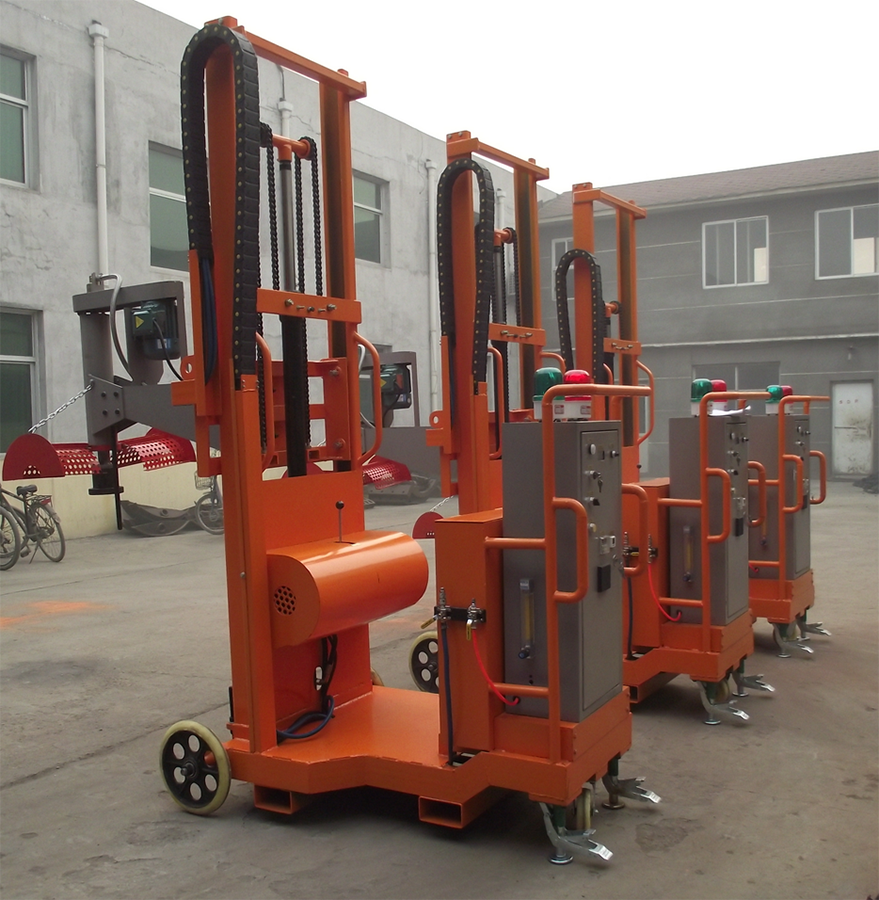

செப் . 29, 2024 06:54 Back to list
The Role of Industrial Chippers in Modern Manufacturing
In today’s rapidly evolving manufacturing landscape, efficiency and sustainability have become paramount. Among the vital equipment that facilitate these goals is the industrial chipper, a machine that plays a crucial role in the processing of various materials, particularly wood and biomass. This article explores the significance of industrial chippers, their operational mechanisms, and their contribution to sustainable practices in manufacturing.
Industrial chippers are designed to break down large volumes of material into smaller, more manageable pieces. These machines come in various types, each tailored for specific applications including wood chipping, shredding, and grinding. The primary function of an industrial chipper is to turn bulky raw materials into chips or mulch, which can then be used for various purposes such as fuel, landscaping, or as feedstock for further manufacturing processes.
One of the most notable applications of industrial chippers is in the wood processing industry
. Bark, timber scraps, and other wood waste can be efficiently converted into wood chips, which are not only useful for paper production but also have a significant role in biomass energy generation. As the world moves towards renewable energy sources, industrial chippers facilitate the transformation of waste wood into biofuel, thus promoting a more sustainable energy solution.
The operational efficiency of industrial chippers varies based on their design and size. Smaller chippers may be portable and suited for local landscaping projects, whereas larger industrial units can process tons of material per hour. These machines utilize powerful engines and innovative cutting mechanisms to ensure that the chipping process is both fast and effective. Advanced features such as automated feed systems and reduced noise levels have also been integrated into modern designs, making them more user-friendly and environmentally conscious.
Moreover, industrial chippers contribute to waste reduction strategies by recycling materials that would otherwise end up in landfills. By converting waste into usable products, manufacturers can significantly decrease their ecological footprint. This aspect is particularly important in an era where businesses are increasingly held accountable for their environmental impact. Companies that implement the use of industrial chippers not only enhance their operational efficiency but also improve their sustainability credentials.
In addition to their environmental benefits, industrial chippers can contribute positively to a company's bottom line. By reducing waste disposal costs and generating new revenue streams from byproducts, businesses can experience a significant return on investment. Furthermore, the ability to turn waste materials into marketable products opens up new opportunities for innovation and growth within various industries.
In conclusion, industrial chippers are an indispensable tool in modern manufacturing processes. They streamline operations, promote sustainable practices, and enhance profitability by repurposing waste materials. As industries continue to seek ways to improve efficiency and reduce their impact on the environment, the importance of industrial chippers will undoubtedly grow, making them a crucial component in the future of manufacturing.
Latest news
Eddy Separator for Non-Ferrous Metals
NewsAug.22,2025
E Waste Bin for Collected Spray Cans: Sustainable Disposal Solutions
NewsAug.22,2025
Dual Shaft Shredder with Adjustable Blade Gaps
NewsAug.22,2025
Hammer Crusher Machine With Secondary Crushing
NewsAug.22,2025
Copper Granulator Our Promise of Recycling Excellence
NewsAug.22,2025
Industrial Shredders Crafted for E-Waste Recycling
NewsAug.22,2025